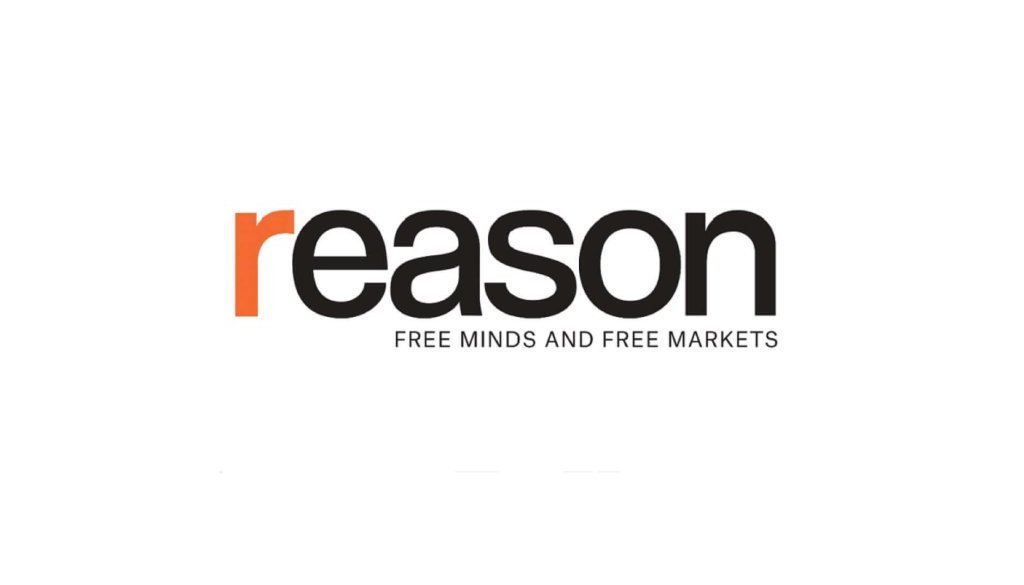Thompson v. United States Reminds Me Of How Well Chief Justice Roberts Can Write
In any given term, a Supreme Court justice will write about six or seven majority opinions. Some Justices, like Thomas and Jackson, routinely write separate concurrences and dissents. By contrast, Chief Justice Roberts rarely writes a separate writing. Usually, the only time we get to see Roberts write is in a majority opinion. And invariably, Roberts assigns himself the most high-profile case. And, more often than not, Roberts is trying to keep together a fragile majority opinion, or is engaging in some act of judicial obfuscation to hide what he is actually doing. In either case, Roberts does not speak plainly, but instead uses locutions and imprecise language.
But every now and then, the Chief assigns himself a “regular” case. These low-profile matters have no obvious political valence, and often command a large majority of the Court. Here, Roberts can demonstrate why he was once the most gifted lawyer of the day. And, despite all I say about the Chief, Roberts is still the best writer on the Court. Justice Kagan used to be a close-second, but her latest opinions have leaned too much into the snark, and have become less pleasant to read. Justice Barrett is third. She can say more in a few paragraphs that others can say in many pages.
Today’s decision in Thompson v. United States is a joyous Roberts opinion. He writes for the entire Court and settles the matter in less than 10 pages. This paragraph is a gem.
We start with the text. Section 1014 criminal
Article from Reason.com

The Reason Magazine website is a go-to destination for libertarians seeking cogent analysis, investigative reporting, and thought-provoking commentary. Championing the principles of individual freedom, limited government, and free markets, the site offers a diverse range of articles, videos, and podcasts that challenge conventional wisdom and advocate for libertarian solutions. Whether you’re interested in politics, culture, or technology, Reason provides a unique lens that prioritizes liberty and rational discourse. It’s an essential resource for those who value critical thinking and nuanced debate in the pursuit of a freer society.




